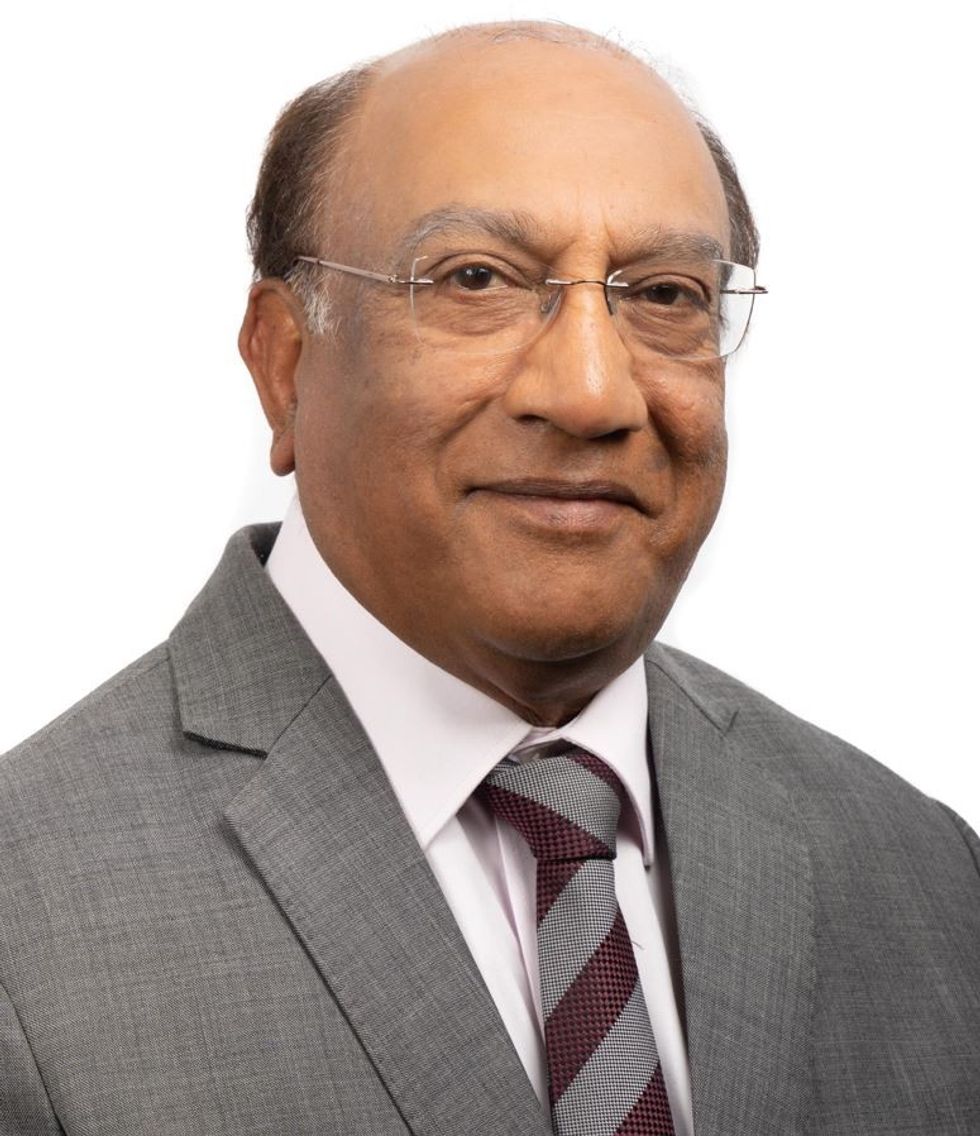THIS is the 15th year that the Westcombe Foundation has been operational as a charity. We are dedicated to helping those in need around the world, giving back with the goal of relieving widespread poverty, distress and suffering.
Through our history, we have helped people from Nepal to Nairobi, India to England. We practise an ethos of tolerance, acceptance and of giving, seeking to help people wherever we can.
In our 15th year, we sought to help address the impact of longerterm structural problems such as homelessness, as well as to respond quickly to crises that come about when they occur.

When the terrible earthquake struck earlier this year in Turkey and Syria, we moved quickly to partner with Khalsa Aid International, an NGO that provided humanitarian aid to help alleviate the suffering faced by the people of Turkey and Syria.
The Westcombe Foundation contributed to the organisation’s Turkey-Syria Earthquake appeal fund, which sent a number of its team to carry out assessments and deliver emergency support to those in dire need on the ground.
The group also provided relief by helping those in need to purchase fresh food, hot meals and shelter to those who had lost their homes.Based on the Sikh principle of ‘recognise the whole human race as one’, the group’s work is a superb example to communities across the world and a testament to the power that diverse religious and community groups have to help those who are in need and impacted by disasters.
Another focus of our activity this year has been working with superb organisations working tirelessly to combat homelessness in the UK. Too many people don’t have access to the safe and secure housing which they deserve, and we believe all people experiencing homelessness should be entitled to support and assistance, and the Westcombe Foundation is in a position to help.
We have partnered with a range of inspiring organisations operating primarily in London. For example, SPEAR London is a community-driven homelessness charity helping over 1000 people sleeping rough per year, working across the London boroughs of Richmond, Kingston, Sutton, Wandsworth, and Merton.
We helped support SPEAR London in its vital outreach services, helping to connect rough sleepers in the community with support services.
Another group we have supported is Centrepoint, which is working to help young people out of homelessness through its programmes focusing on providing temporary housing, mental and physical healthcare, education and qualifications. The charity helps young people live independently, and we are very proud to support its work.
We have also been working closely with Ealing Soup Kitchen, a superb charity that helps homeless and other vulnerable people in west London. It is a Christian organisation which works to alleviate the deprivation that is caused by homelessness by providing hot and nutritious food, as well as varied support services such as barbers, healthcare, clothes, advocacy and practical advice to those in need.
As well as homelessness in the UK, the Westcombe Foundation operates supporting communities around the world. We are proud to partner with Shree Anandabava Seva Sanstha, a social service organisation based in Jamnagar, Gujarat, an organisation providing inclusive assistance to the poor and those in need without discrimination of creed, religion, or community.
The organisation helps provide a wide range of community services, such as distribution of clothes and medicine for the poor. The centre also has an orphanage, and old women’s home, an eye hospital, a leprosy cure centre and a kidney dialysis centre. Free food is offered to those in need every day at noon.
The Pankhanias and the whole of the Westcombe family came from humble beginnings and we believe that giving back is an essential part of our work. We are very proud to have the opportunity to support so many superb charities and contribute to good causes around the world, and we are looking forward to being able to share more about our future plans in due course.




Westcombe Foundation: ‘We believe giving back is an essential part of our work’
Westcombe Foundation helps provide a wide range of community services, such as distribution of clothes and medicine for the poor